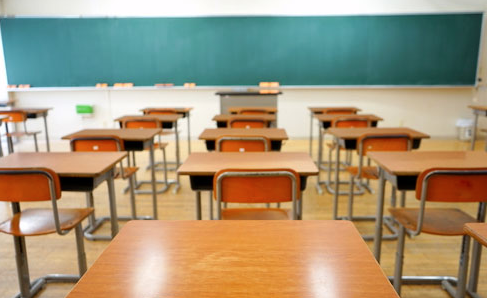*Previously recorded by Phyllis Schlafly // December 2010*
Lured by lots of federal money, at least 36 states and the District of Columbia have agreed to give up control of public education standards by their own state and instead substitute national standards written by the federal bureaucracy. Supporters of national standards claim that every country that beats American kids on international tests has implemented national standards. But at least one expert says, don’t be misled. Neal McCluskey, education specialist for the Cato Institute, has a different take on this issue. When he joined me on my Saturday call-in radio talk program, McCluskey explained that while it is true the countries that score better than American kids on international tests all use national standards, but the 12 countries at the bottom of those rankings also use national standards. Therefore, there is “no correlation between having national standards and doing well on the tests.” Most foreign countries have a national government and are totally unfamiliar with our system of federalism and states rights.
Dr. McCluskey said national standards will not help kids learn more for two major reasons. First, the unrealistic premise underlying national standards is that every kid should be learning exactly the same thing at exactly the same pace and time. Since kids have different needs, abilities, and interests, teachers need the flexibility to tailor education to unique students. The second problem is that, even if standards start off high, it is nearly impossible to enforce accountability through government and the political system. The people who should be held accountable, the teachers and administrators, are the same people with the most political influence, which is exercised primarily through the wealthy teachers’ unions. Attempts to maintain high standards and strict accountability have failed at the state and district levels, and there is no reason to think the federal government could do any better.






